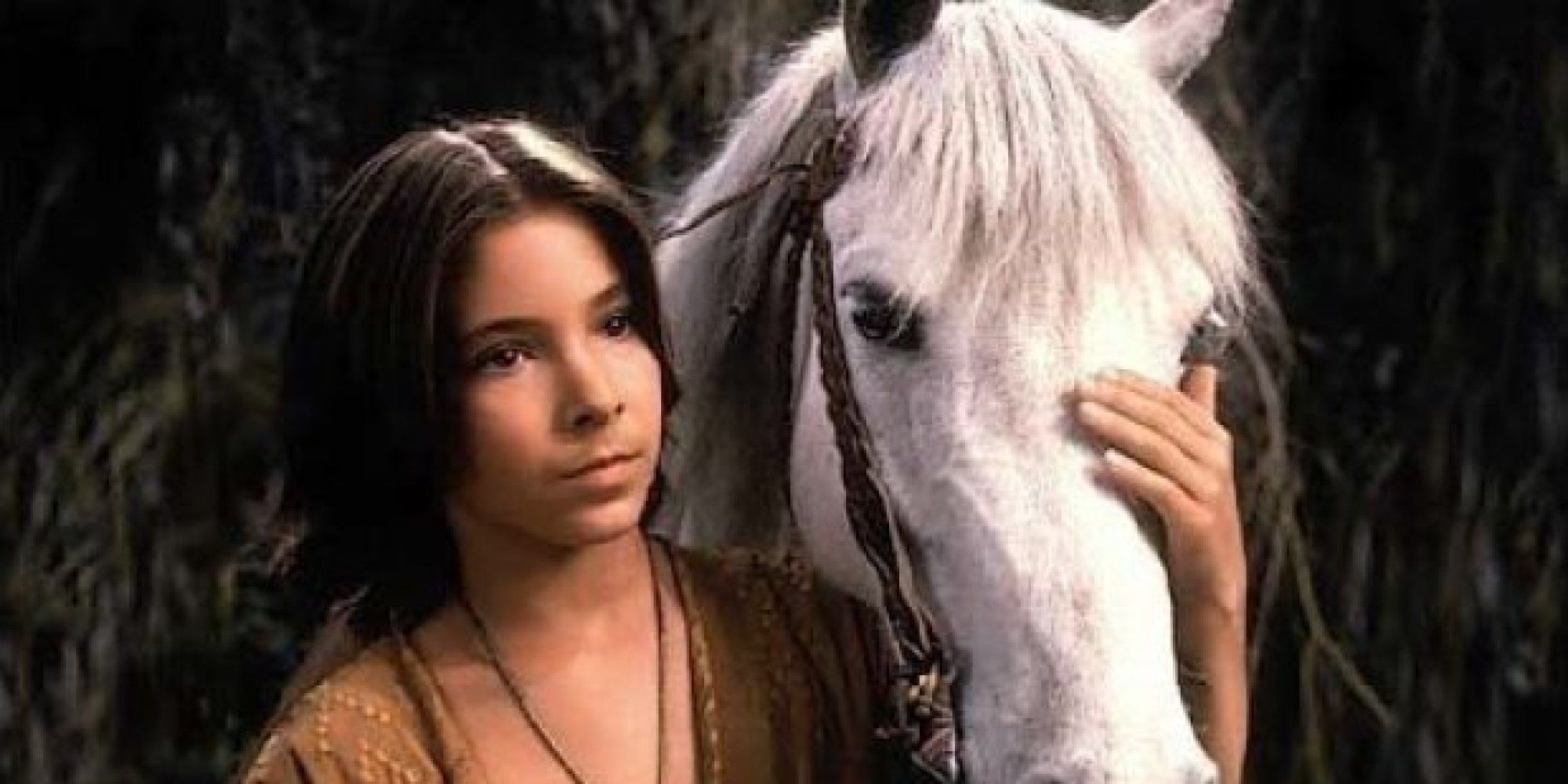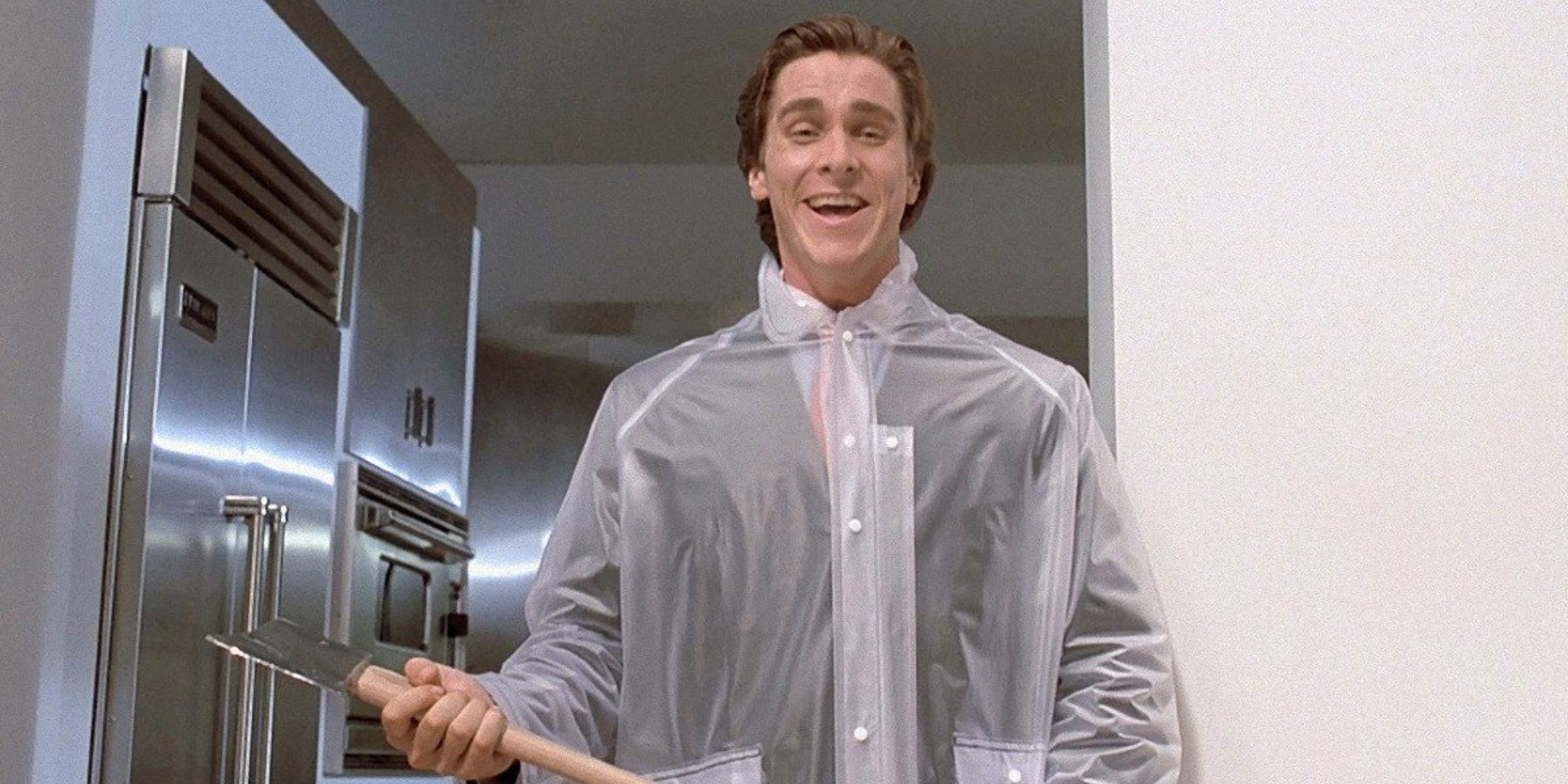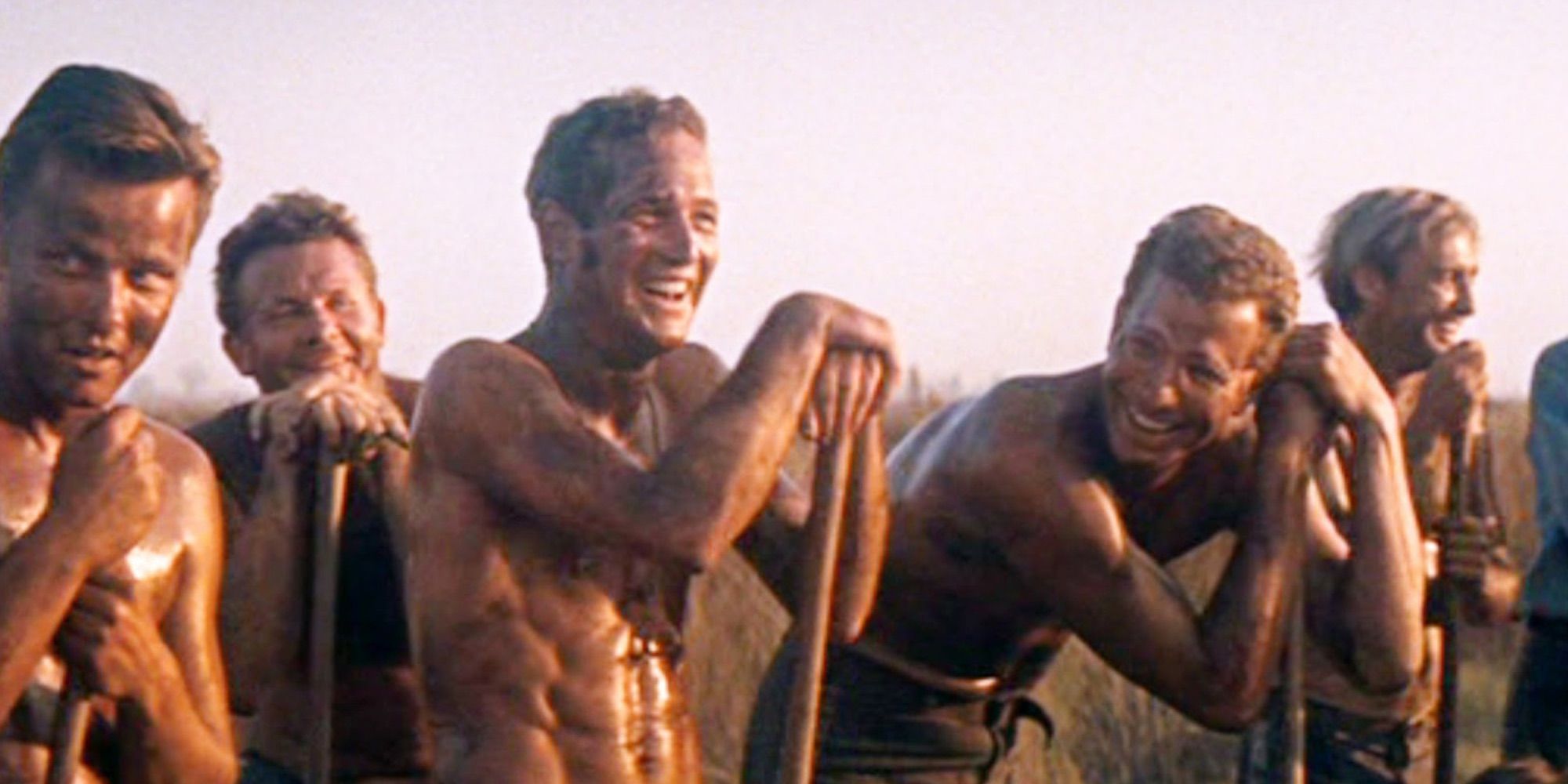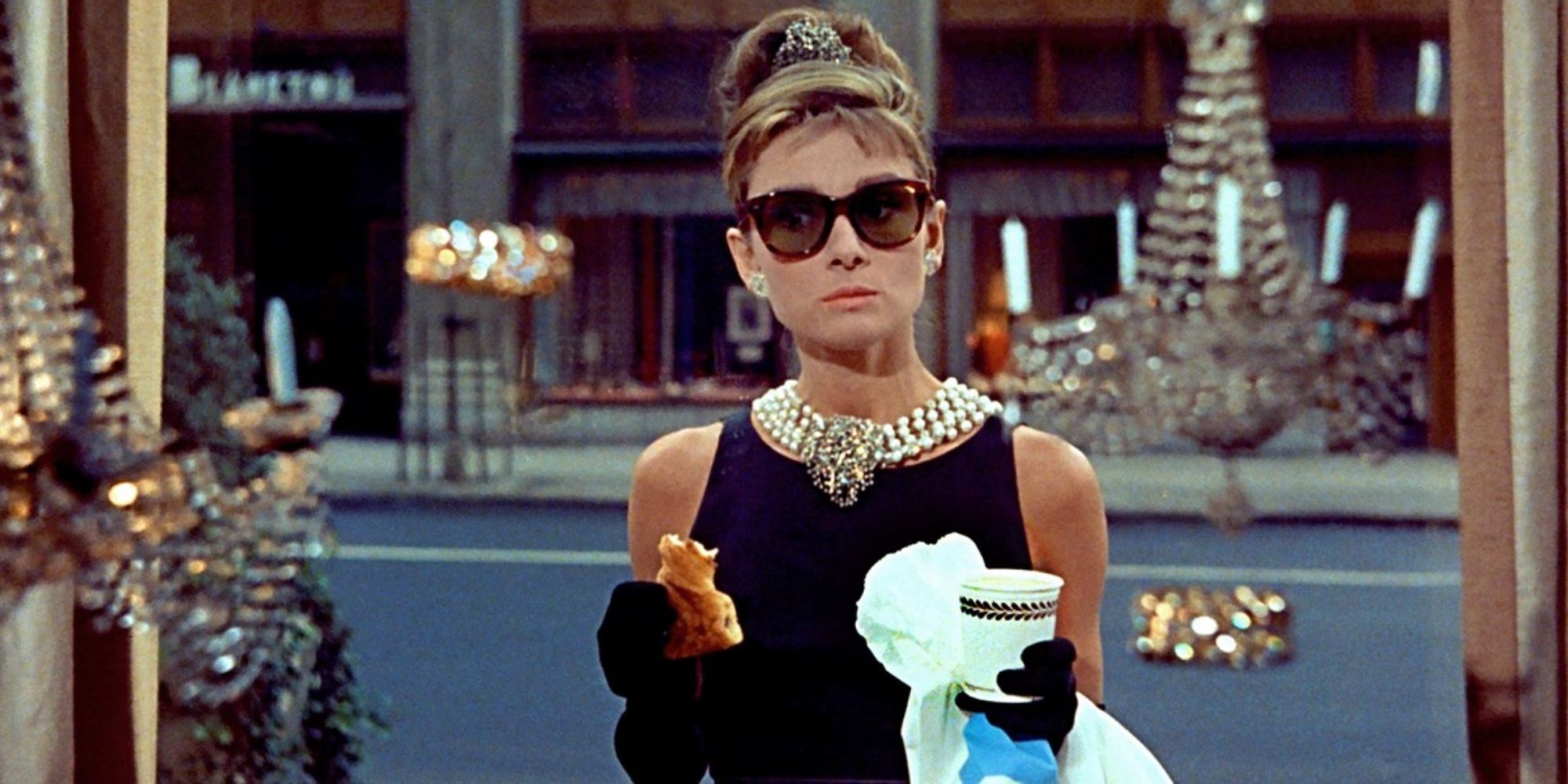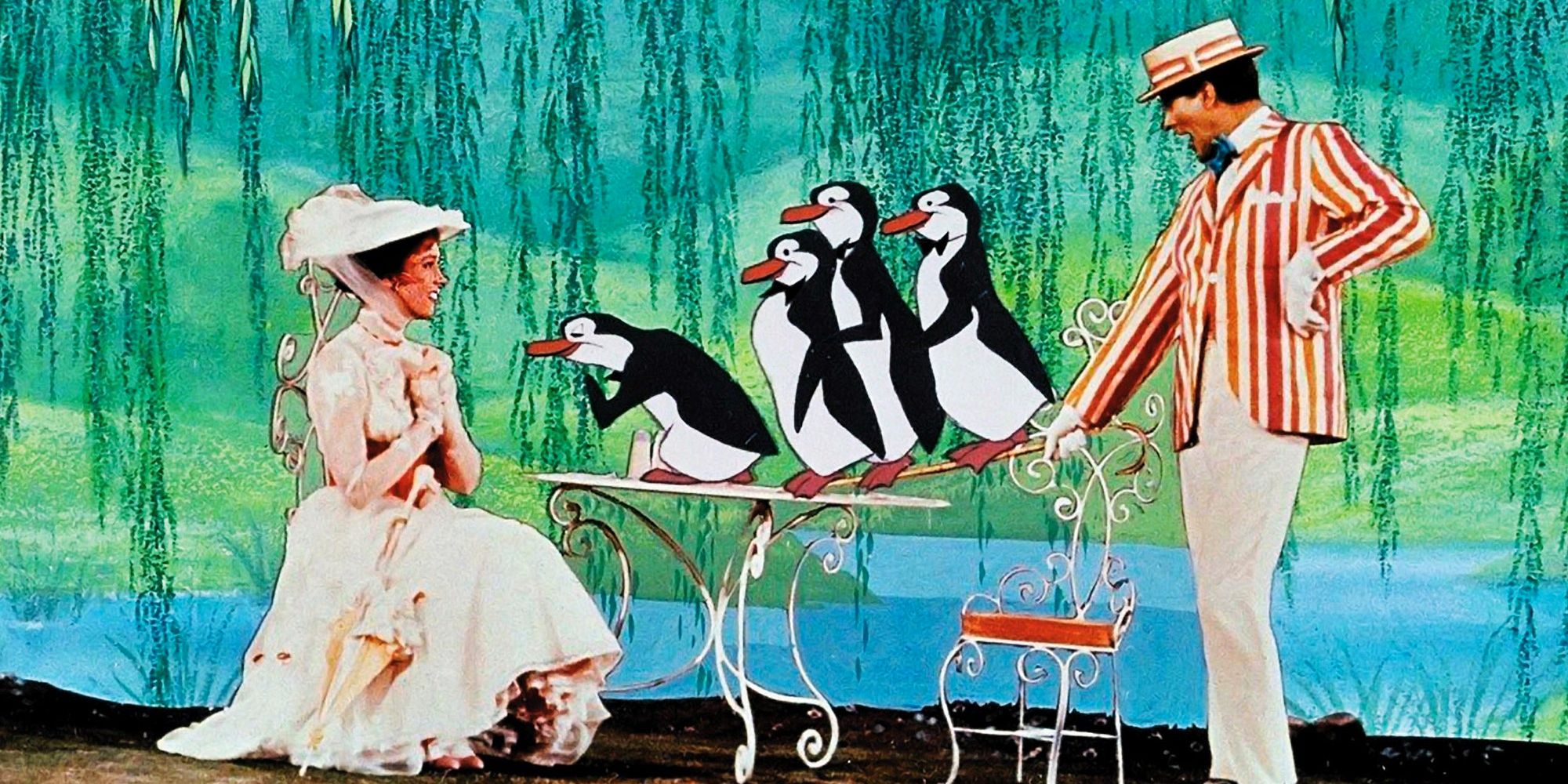A great novel, and a director willing to adapt it seems like a match made in heaven. For the author, there’s the prospect of their story reaching a new audience which, in turn, boosts publicity and leads to more sales. At the same time, filmmakers get a project with a proven story and a pre-existing fanbase and are guaranteed to pay up for tickets. Often though, this arrangement doesn't end well.
Authors, like any artist, have a specific vision regarding their craft. Even when their work is made into a film which garners universal acclaim and financial success, it can deviate from what the author had envisioned and sours the adaptation—especially if the film's production is arduous. From Academy Award-winning pictures to timeless classics, these movies were celebrated for their greatness—but their authors had their fair share of grievances.
‘The Shining’ (1980) — Adapted from 'The Shining' by Stephen King
A spellbinding supernatural horror renowned for its immaculate ability to build dread, Stanley Kubrick’s adaptation of The Shining is viewed by many as one of the greatest horror movies ever made. But one man who quite famously does not share that view is the novel’s author, Stephen King.
During an interview with The Paris Review in 2001, King went into detail on why he didn't care for the film, saying it was “like a Cadillac with no engine in it. You can’t really do anything with it except admire it as a sculpture… The basic difference that tells you all you need to know is the ending. Near the end of the novel, Jack Torrance tells his son that he loves him, and then he blows up the hotel. It’s a very passionate climax. In Kubrick’s movie, he freezes to death.”
‘A Clockwork Orange’ (1971) — Adapted from 'A Clockwork Orange' by Anthony Burgess
Stanley Kubrick was a brilliant director; it’s tough to deny that the authors of his adaptations were displeased. Nine years before he made The Shining, he adapted A Clockwork Orange, a satirical black comedy following a gang of violent youths in a dystopian near-future written by Anthony Burgess.
Interestingly, Burgess agreed to help promote the film and even defended it against initial claims that it was inspiring real-world violence. However, as quoted by Robert Hofler in Sexplosion (a research book about the challenging of taboos in art from 1968-1973), Burgess struggled to rationalize why he was being held responsible for what the film had supposedly provoked. He says he realized “how little impact even a shocking book can make compared to a film. Kubrick’s achievement swallowed mine whole, and yet I was responsible for what some called its malign influence on the young.” Sexplosion states, "Burgess, for his part, grew to hate the film. Or Kubrick. Or both."
‘V For Vendetta’ (2005) – Adapted from 'V For Vendetta' by Alan Moore
A gripping blend of blockbuster action, socially-loaded symbolism, and a complex tale of corruption, power, and revenge, V For Vendetta is one of the most polarizing comic book adaptations ever put to film. However, the comic’s author, Alan Moore, wouldn’t be able to tell you much about it, nor any film adaptation of his work for that matter. Repulsed by what he deems to be Hollywood’s exploitation of his stories, he adamantly refuses to watch any film or television series based on his work.
He put it quite simply when asked about the matter during an interview with GQ magazine, responding with, “I would be the last person to sit through any adaptations of my work. From what I’ve heard of them, it would be enormously punishing.” He held a particular dislike for the V For Vendetta adaptation, though, which he regarded as being an Americanized take on his story. “Those words, ‘fascism’ and ‘anarchy,’ occur nowhere in the film. It’s been turned into a Bush-era parable by people too timid to set a political satire in their own country.”
‘Willy Wonka & the Chocolate Factory’ (1971) – Adapted from 'Charlie and the Chocolate Factory' by Roald Dahl
Willy Wonka & the Chocolate Factory is a truly timeless classic. From Gene Wilder’s performance to the musical numbers, it is as unique as it is endlessly fun. Though, Roald Dahl didn’t think quite so highly of the movie. He was commissioned to adapt his book Charlie and the Chocolate Factory to the screen but left the project on bad terms due to creative differences, with David Seltzer writing the script without credit.
Dahl’s authorized biography Storyteller: The Life of Roald Dahl, written by Donald Sturrock, went into depth on why he despised the film so much, citing the music, the shift in focus from Charlie to Willy Wonka, and the casting of Wilder as aspects of the film he disliked. As stated by Sturrock, “Roald eventually came to tolerate the film, acknowledging there were 'many good things' in it. But he never liked it.” Even as the film’s success helped his book sales, Dahl remained dejected by the experience for much of his life with literary agent Murray Pollinger; in an extract from Dahl's biography, claiming Dahl “hated working for the movies, he hated people in the movies. Always.”
‘Das Boot’ (1981) – Adapted from 'Das Boot by Lothar-Günther Buchheim
Wolfgang Petersen’s WWII classic isn’t just one of Germany’s most acclaimed movies; it’s one of the best depictions of war ever put to screen and sits entrenched in IMDb's top 250 movies of all time. Following the crew of a German submarine, its claustrophobic atmosphere hangs heavy over the viewer as a grueling depiction of the psychological strain of war. However, Lothar-Günther Buchheim wasn’t so full of praise for the adaptation of his novel.
Buchheim’s own commentary (translated from German) highlights his dismay at Das Boot’s production, and for the film's final product, he says, “I was walking around depressed because what I was seeing was not at all what I had in mind for this film.” He went further, commenting, “my film, which was not made, was intended to have the breath and violence of a Greek tragedy. What was created instead turns out to be an action film based on the American model.”
‘The NeverEnding Story’ (1984) – Adapted from 'The Neverending Story' by Michael Ende
Another director who wasn’t popular with authors, Wolfgang Petersen, followed up his WWII classic with The NeverEnding Story, an adaptation of Michael Ende’s fantasy adventure novel. It was both a critical success and a commercial triumph for a German production, but Ende had no love for it, even going so far as to sue the producers and demand his name be removed from the credits.
The author’s website, michaelende.de, claims Ende viewed the film as being made solely for commercial success, which he considered to be an assault on his integrity, stating, “I would never have been able to look myself in the mirror if I lent my name to something like that.” The Independent quoted Ende as saying the movie was “revolting,” adding, “the makers of the film simply did not understand the book at all. They just wanted to make money.” while also stating his disgust at the bare-chested Sphinx statues that appear in the movie.
‘American Psycho’ (2000) — Adapted from 'American Psycho' by Bret Easton Ellis
A chilling psychological thriller about an investment banker who moonlights as a serial killer, American Psycho, is a wicked blend of horror and comedy which works mainly due to Christian Bale’s stellar performance. But Bret Easton Ellis didn’t think much of the attempt to adapt his novel to the screen, saying, “American Psycho, I don’t think really works as a film. The movie is fine, but I think that book is unadaptable because it’s about consciousness, and you can’t really shoot that sensibility.”
Ellis has also expressed some interesting thoughts on female directors. While being interviewed by Movieline.com in 2010, he stated, “I think it’s a medium that really is built for the male gaze and for male sensibility. I mean, the best art is made under not an indifference to, but a neutrality [towards] the kind of emotionalism that I think can trap a lot of women directors.” Unsurprisingly, the comments stirred up some backlash and got people wondering if Ellis opposed the adaptation or just Mary Harron’s directing of it.
‘Cool Hand Luke’ (1967) – Adapted from 'Cool Hand Luke' by Donn Pearce
One of America’s all-time classics, Cool Hand Luke, was nominated for four Oscars and has an IMDb score of 8.1/10 thanks to its excellent screenplay and a powerhouse performance from Paul Newman. However, very few people know the film was based on a novel by Donn Pearce, who was an ex-con and an author.
While he worked on the film as a screenwriter, he was far from impressed with the end result, telling the Miami Herald, “I seem to be the only guy in the United States who doesn’t like the movie. Everyone had a whack at it. They screwed it up 99 different ways.” According to the Telegraph, Pearce also hated Newman in the lead role, saying, “The guy was so cute looking. He was too scrawny. He wouldn’t have lasted five minutes on the road.” Not even the film’s famous "What we’ve got here is failure to communicate" line escaped Pearce’s ire, with the writer claiming the prison guards he encountered would never use a word as long as "communicate."
‘Breakfast At Tiffany’s’ (1961) — Adapted from 'Breakfast At Tiffany’s' by Truman Capote
The image of Audrey Hepburn wearing the black dress and the pearls while holding a cigarette is about as iconic an image to come from film. However, Truman Capote resented the casting choice to the point where it marred his opinion on the film adaptation of Breakfast at Tiffany's. Capote envisioned no one other than Marilyn Monroe playing the part of Holly Golightly, and he very nearly got his way, but she was dissuaded from taking the role and the studio cast Hepburn instead, a move which Capote reportedly regarded as a betrayal.
In an interview with Playboy, Capote stated, “The book was really rather bitter, and Holly Golightly was real—a tough character, not an Audrey Hepburn type at all. The film became a mawkish valentine to New York City and Holly and, as a result, was thin and pretty, whereas it should have been rich and ugly.” Not even the film’s five Oscar nominations—including one for Hepburn's performance—and two wins could make Capote change his mind.
‘Mary Poppins’ (1964) – Adapted from Mary Poppins by P. L. Travers
Of all the films in Disney’s catalog, from recent action blockbusters to animated classics from decades ago, few are as enduring, iconic, and charming as 1964’s Mary Poppins. It went on to win five Oscars from 13 nominations and was such a huge financial success that it allowed Walt Disney to purchase land and begin constructing Disney World, but it didn’t meet the standards of the book’s author P. L. Travers.
According to Valerie Lawson’s Mary Poppins, She Wrote: The Life of P. L. Travers, the author “told a contributor to The New York Times that the movie went against the grain of the books, that it was merely a colorful extravaganza, as far from true magic as it was possible to be.” She reportedly hated the famous animated sequence, considered the film a violent perversion of her work, and sat crying through the five-minute standing ovation after its premiere screening.

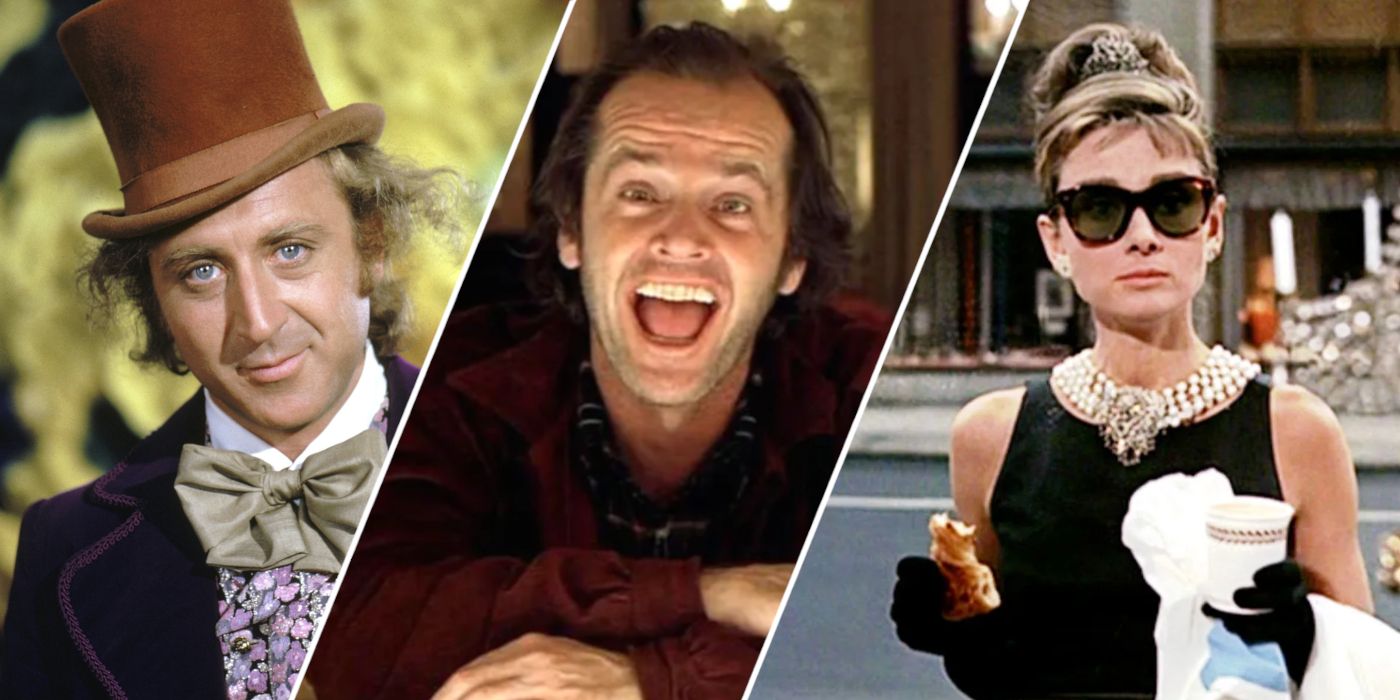
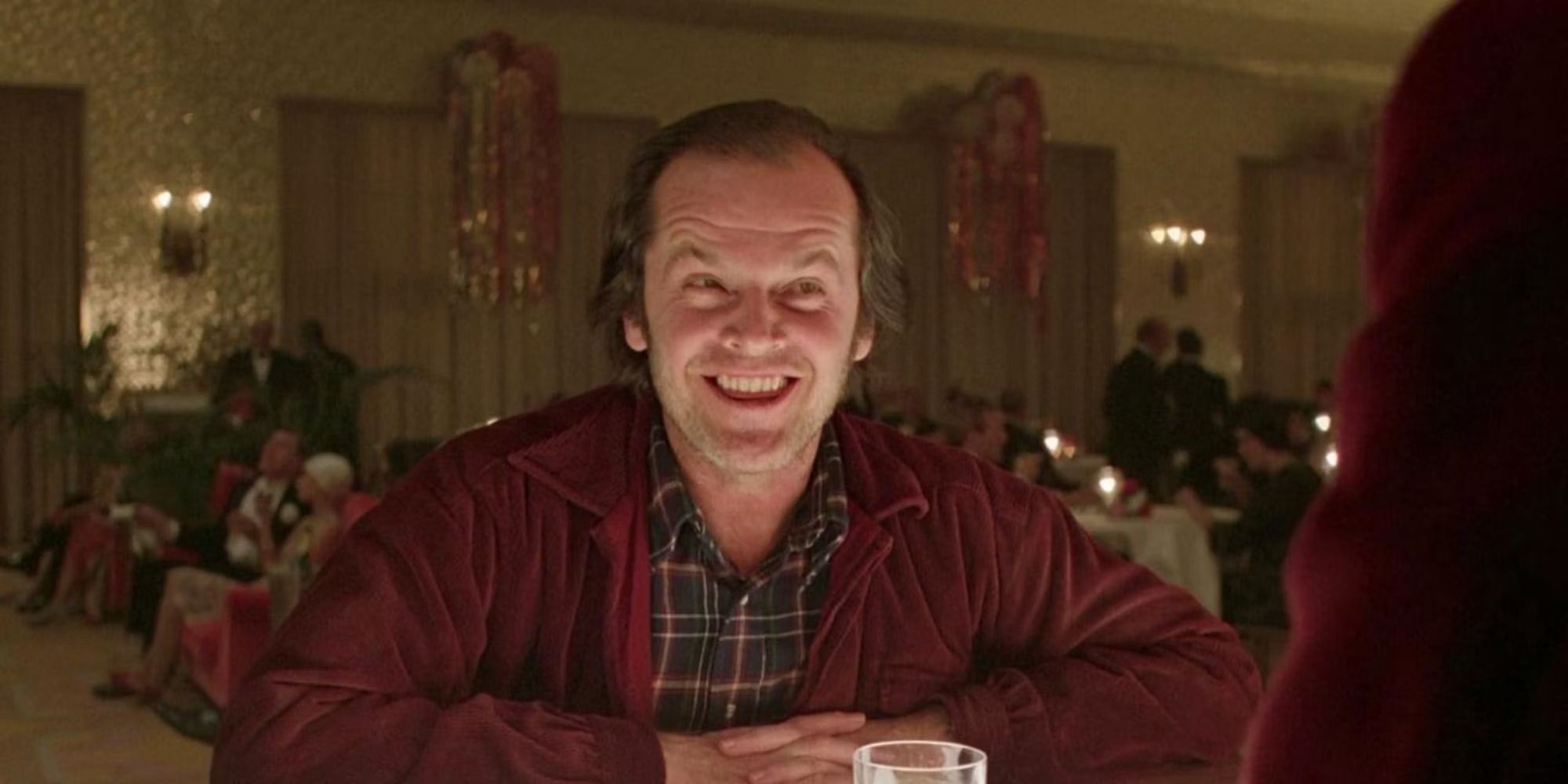


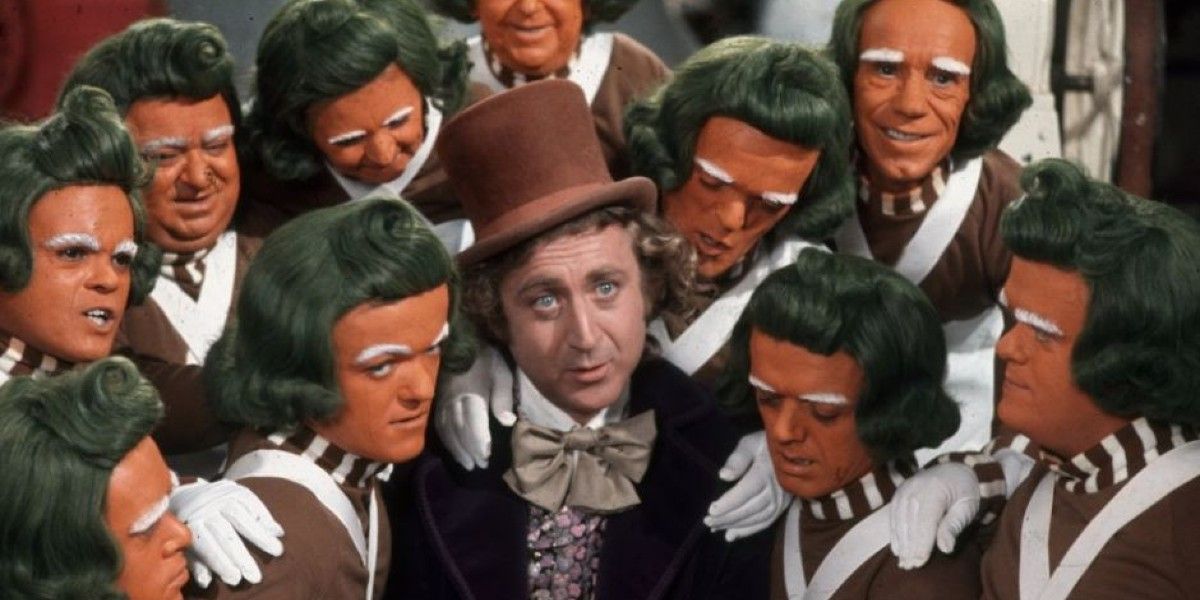
.jpg)
